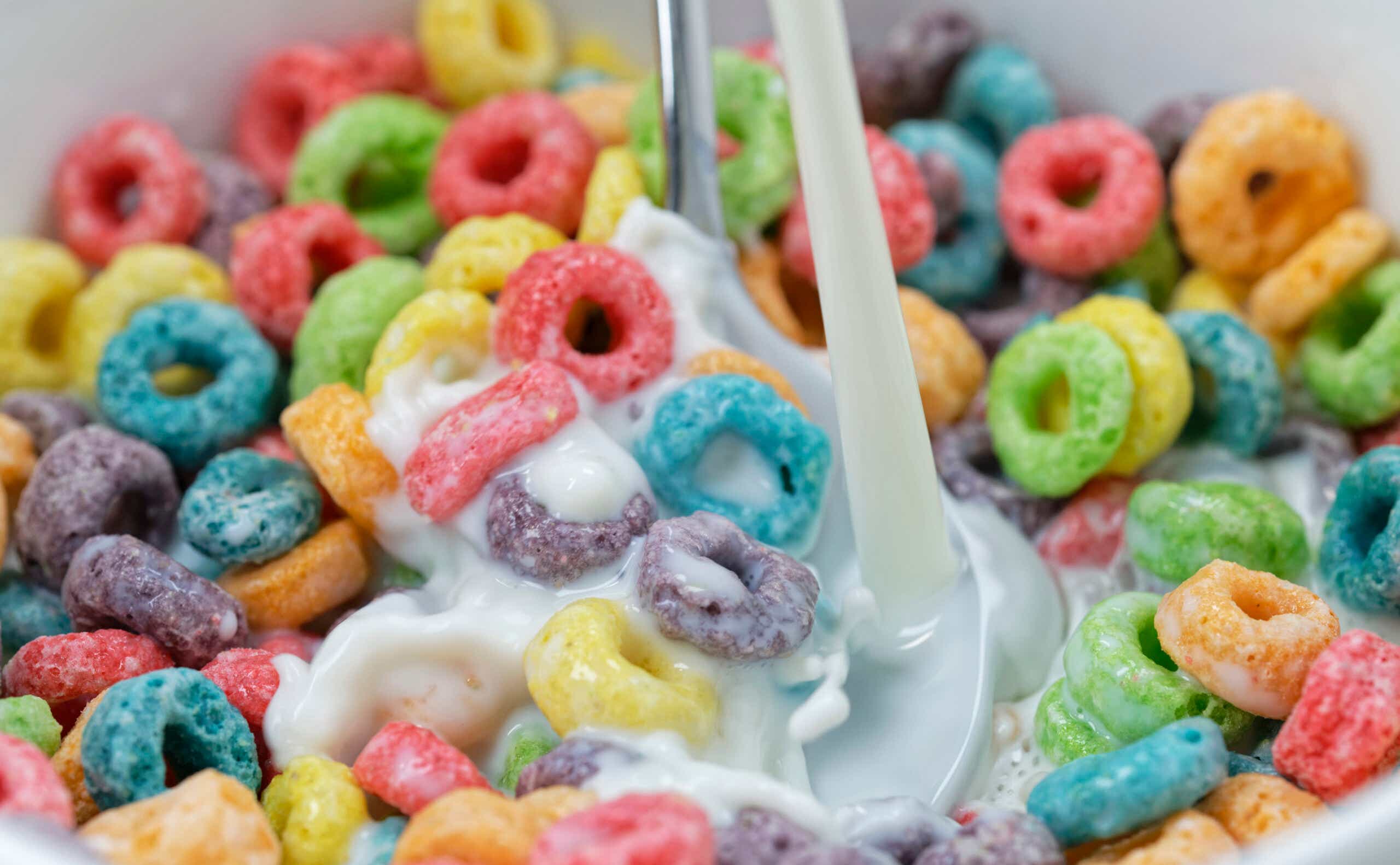Here’s yet another scary-sounding bit of health news: A study published in JAMA Neurology found an association between consuming “ultraprocessed” foods and cognitive decline. But as usual, it’s worth reading the fine print.
Researchers tracked more than 10,000 participants aged 35 to 74 years old for a median period of eight years. They discovered that those who got more than 20 percent of their daily calories from ultraprocessed foods were at a higher risk of cognitive decline — and those who ate the most ultraprocessed food experienced a 28 percent faster rate of global cognitive decline than those who ate the least ultraprocessed food. Cognitive decline was measured via participants’ performance in word recall, word recognition, and verbal fluency tests.
Ultraprocessed foods include things like packaged snacks and ready-to-heat meals like frozen pizza and pies. For an adult eating 2,500 calories per day, 20 percent of their diet would be 500 calories — roughly the equivalent of a McDouble burger with an extra small Coca-Cola on the side.
The study’s results were in line with those of another published in July in the American Academy of Neurology, which followed 72,083 participants aged 55 years or older, and found a link between ultraprocessed foods and dementia. The consumption of less-processed foods was associated with a lower risk.
If like most people, you’re partial to the odd (or even regular) serving of fries, all of this may sound pretty scary. But the outlook isn’t quite as stark as it sounds, and you don’t necessarily need to upend your eating habits to swerve dire health risks. Here’s why.
The studies don’t prove cause and effect
It’s important to note that neither of these studies examined cause and effect, so while there’s a correlation between ultraprocessed food consumption and cognitive decline, we shouldn’t automatically attribute the latter to the former.
Speaking about the JAMA study, Dr. David Katz, a specialist in preventive and lifestyle medicine and nutrition, told CNN: “While this is a study of association, not designed to prove cause and effect, there are a number of elements to fortify the proposition that some acceleration in cognitive decay may be attributed to ultraprocessed foods.”
He added that though the study doesn’t prove that ultraprocessed food is bad for our brains, it is a “substantial sample size,” which makes a compelling case that ultraprocessed food is probably not great for our cognitive health.
Overall quality is key
Perhaps more significantly, the overall quality of our diets appears to play an key role in our cognitive health, and may balance out any potential negative effects from ultraprocessed foods.
Based on the JAMA study’s sample, people who ate a lot of ultraprocessed foods but also ate plenty of whole foods — such as vegetables, whole grains, and less-processed proteins — didn’t experience the cognitive decline otherwise associated with ultraprocessed foods.
“When diet quality was high, the observed association between ultraprocessed foods and brain function abated,” Katz told CNN.
So essentially, if you love your frozen pizza and ice cream, that’s fine — just try to ensure that a decent proportion of the rest of your diet is also made up of things you buy in their more “basic” form. So focus on foods like brown rice, carrots, broccoli, potatoes, eggs, nuts, and fruits, and use them to build some of your meals and or snacks from scratch.
Don’t fear processed foods
Terms like “processed foods” get a bad rap, and tend to stoke a lot of fear in health-conscious people who are constantly bombarded with information and advice about their diets. But it’s important to note that unless you literally pulled it out of the earth with your own hands, basically all food is processed — and often, that’s a really good thing. Milk is pasteurized to make it safe, wheat has to be processed to turn it into flour, and many foods are preserved (such as the canned or frozen varieties) to preserve their freshness. Processing is an inevitable part of our food environment.
Ultraprocessed foods include ready-to-eat convenience foods like breakfast cereals, lunch meats like salami, fizzy drinks, and frozen ready meals. But as Dr. Katz notes, individuals who consume these alongside a range of whole foods don’t experience the negative cognitive effects that the study observed in people whose entire diet was dominated by them.
As always, balance is key — and it’s important to be realistic about what we can achieve in terms of our eating habits. Not everyone has the money or time to prepare freshly made meals three times per day, and if that sounds like you, it doesn’t automatically mean your cognitive health is at risk.









